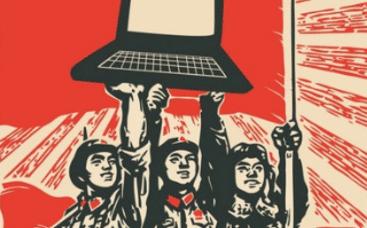
The working world is undergoing"disaggregation"from physical location,time and information availability constraints,says Jim Henrys,an enterprise strategist at semiconductor giant Intel,in a process that is driving a revolutionary change in business.
The key technologies catalysing workplace transformation include"dematerialisation",whereby all the information required can either be stored and accessed on mobile devices;the cloud,which provides the remote storage and access medium;client virtualisation;unified communications;threat management;and,search and social networking all help to change the way that people work.
Social media malware rising significantly,says McAfee report Big Data Summit:Social-the next step for big data analysis Social tools have little business value
"People are using their own personal devices in the workplace to get their jobs done better,"says Henrys,who was speaking at Computing's IT Leaders'Forum at the London Stock Exchange today.
New devices,he adds,are coming into their own in sales and presentational environments.For example,using staff armed with tablets to check stock for customers or to work queues at peak times to ensure better service.
Digital technology is also changing work in the field,replacing paper and the inputting and re-inputting of data,on the one hand,while"augment reality"devices such as Google Glass,which can overlay technical data on people's fields of vision,will be able to aid and improve the efficiency of surveyors and engineers,suggests Henrys.
"The technology is becoming more context aware-to location,image,movement,voice and even gesture,"says Henrys.
New technology will not only mean more choice for staff,if the organisation is sufficiently forward thinking,but will improve its capacity to solve problems and facilitate innovation."You need to be able to work together in a way that's as intuitive and natural as real life,"says Henrys,which is why new technologies,including social networking tools that enable people to work together better,need to be adopted and embraced at a corporate level.
Above all,says Henrys,a"cultural revolution"is already underway in business-and those that fail to adapt risk being left behind.



